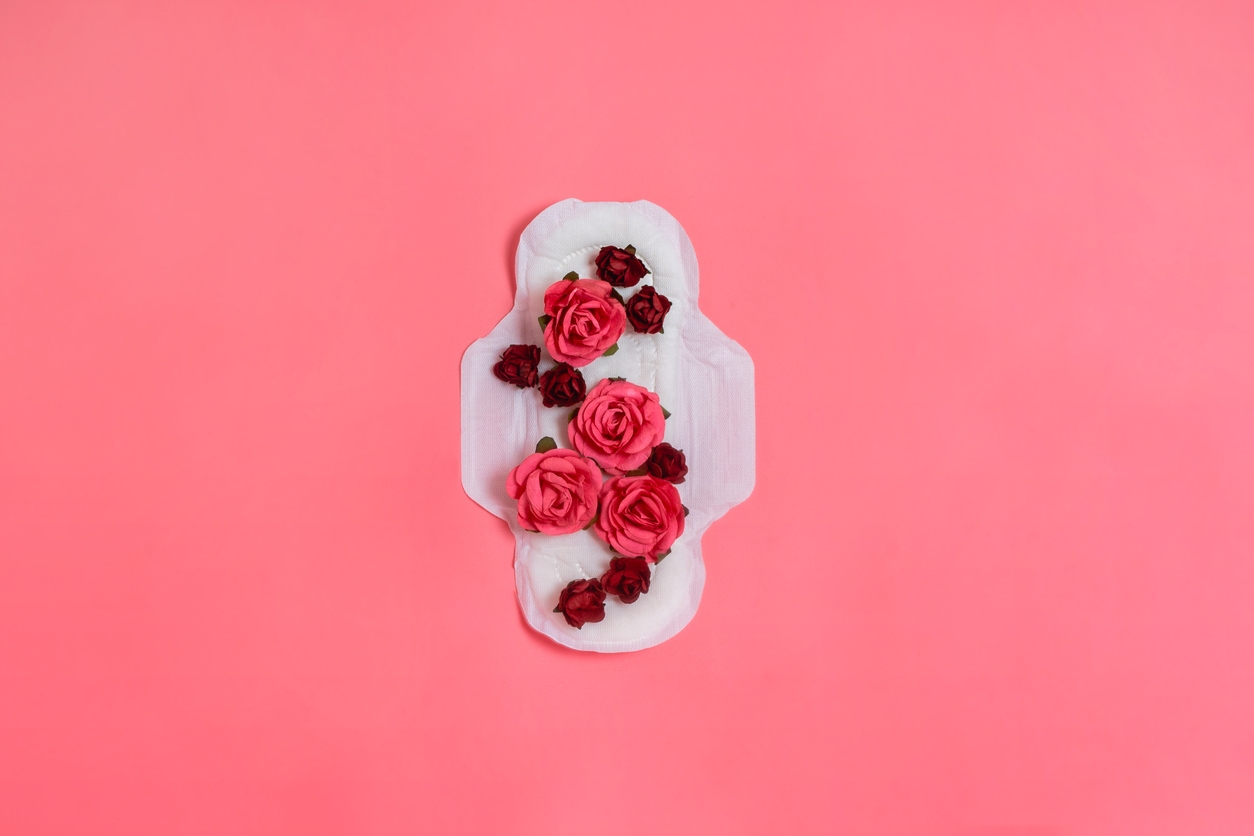Did you know that almost 50% of the women in Pakistan have no clue about what menstruation is until one fine day when they are greeted by their first period completely out of the blue? This takes them by surprise and even then, all they know is that they will bleed once a month – no reasons, no explanations. Simply something to be accepted – like fate or like a revelation.

“The look on that lady’s face scared me. I was terrified to even ask her anything. She was disgusted by me, almost as if I had committed a horrible sin,”
In conversation with a friend, I learned that when she first got her period in public, she was handed a pad by a female staff member at school. She said nothing more than, “here, put this on.” I remember her telling me how confused she was because she had never been taught how to use sanitary napkins. “The look on that lady’s face scared me. I was terrified to even ask her anything. She was disgusted by me, almost as if I had committed a horrible sin,” she said. This is not just the story of my friend. 7 in 10 women in Pakistan have experienced some kind of “disgusted” look because they got their period in public and didn’t have access to or enough knowledge about menstrual hygiene products. Figuratively speaking, the “red stain” of period blood bears a stigma that can’t be washed away easily.
Women in Pakistani society are far from supportive when their counterparts go through such things. They expect young girls to know everything about menstruation, yet refuse to utter the word to each other or around men because of how huge a taboo it is. Thus, even when conversing amongst themselves about menstruation, they refer to it as simply “that time of the month” instead of using the word. I remember complaining to my grandma about how painful period cramps were, to which she said, “we have been through worse pains like pregnancy.” The criticism young women face when expressing what they are going through during their period brings them down so much that they fear talking about it for the rest of their lives. They simply grow to accept how they feel as “normal” or as “a part of womanhood” when they could be suffering from something like PCOS.
Another acquaintance experienced something similar: she needed an extension on her project’s timeline because she was feeling super lethargic due to premenstrual syndrome (PMS). She was denied that extension by her “female” supervisor who suggested that this was “all in her head”, which shows us how our society lacks not only basic knowledge but also community support.
There is a huge misconception about period blood being “impure” from a cultural perspective, which is the root cause for period poverty in Pakistan. This concept of “period poverty” stretches beyond just being unable to afford menstrual hygiene products: women in Pakistan face “social” period poverty whereby they are neither educated about menstruation and menstrual hygiene nor understand the dangers to their health which are caused by poor hygiene practices. Many women in rural areas use cloth rags and exchange them with one another, which can lead to spreading of urinary tract and vaginal diseases. Pads, tampons and menstrual cups are seen as a “luxury” rather than a necessity and thus not all women are fortunate enough to enjoy that “luxury”.

“The fact that basic necessities like pads and tampons need to be purchased that discreetly makes us question whether women have any freedom at all.”
The Pakistani society has made it difficult for women to not only afford menstrual hygiene products but to simply purchase them publicly. Women are forced to shove their products in a “brown bag” so that they are not seen by other men. The fact that basic necessities like pads and tampons need to be purchased that discreetly makes us question whether women have any freedom at all. Our women are experts when it comes to getting comfortable with menstruation in public because they spend their entire lives balled up in fear: the fear of their fathers and brothers finding out that they are on their period, so they hide their cramps and put a smile on their faces; the fear that society will judge them for not fasting during Ramadan, so they starve themselves; the fear that they will stain their clothes in public, so they wear dark colored clothes and think twice before every movement; the fear of being a woman. But living with this fear comes with its own set of problems. Since talking about periods itself is not considered “socially appropriate,” it is not appropriate to discuss premenstrual syndrome (PMS), polycystic ovarian syndrome (PCOS), and changes in hormone levels before, after, and during the period, along with the effects of sex on these things.
“Don’t step out of the house if you are on your period.” you’d probably laugh and say “this is so outdated” if you read this in 2022 but believe it or not, this is the truth of some Pakistani women. They are told that they will be cursed to not bear a child if they step out under the sky while on their period and thus, these women are forced to stay trapped inside their houses for days at a stretch. One such incident occurred in a village in interior Sindh a few years ago: a 17-year-old girl fought a battle with death because PMS led to lethargy and weakness. She needed medical attention immediately but since she was on her period, she was not allowed to be taken outside to the hospital. Had the doctor not arrived in time, she would’ve lost her life.
While menstruation remains a nightmare for most women in 2022, some feminists and NGOs are taking important steps to ensure that things get easier for women. Tampons, sanitary napkins, and menstrual cup vending machines are being installed in public restrooms in places such as malls, hospitals, universities, workplaces and hotels to ensure that these products are available upon demand in case of an emergency. Furthermore, some companies now offer paid leaves to female employees every month. They simply need to inform their supervisor when they wish to utilize those days off. With such improvements, there is hope that things will get better for women when it comes to menstruation, but we are still very far from an era where menstruation will no longer be taboo.




